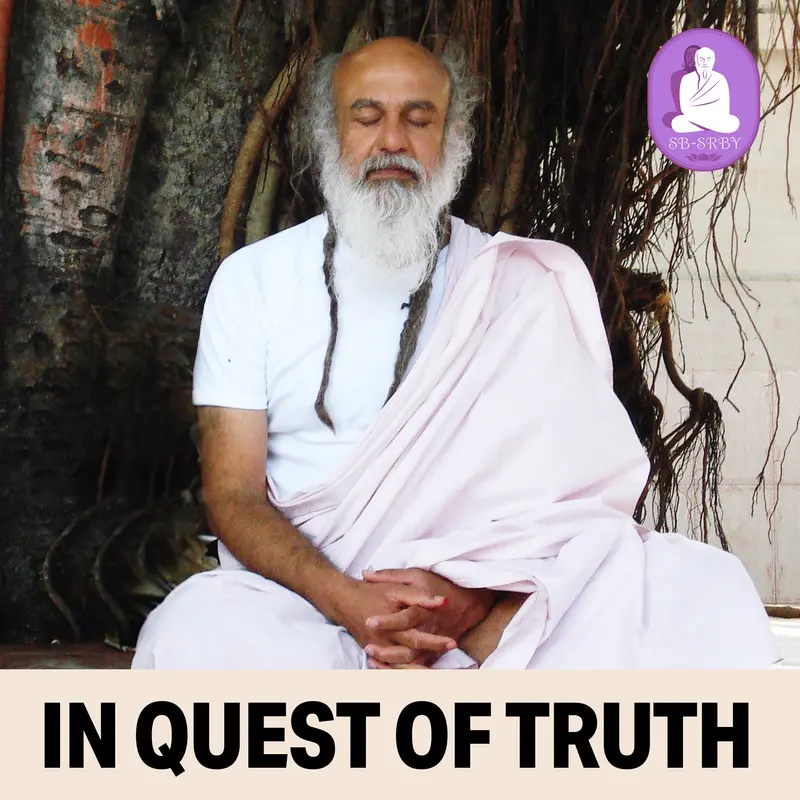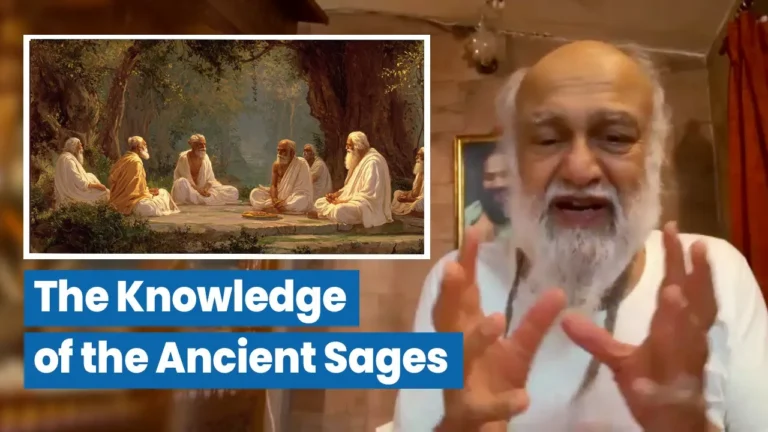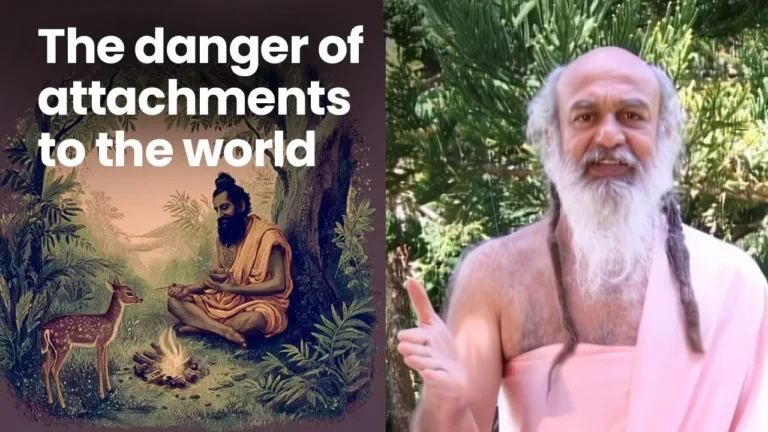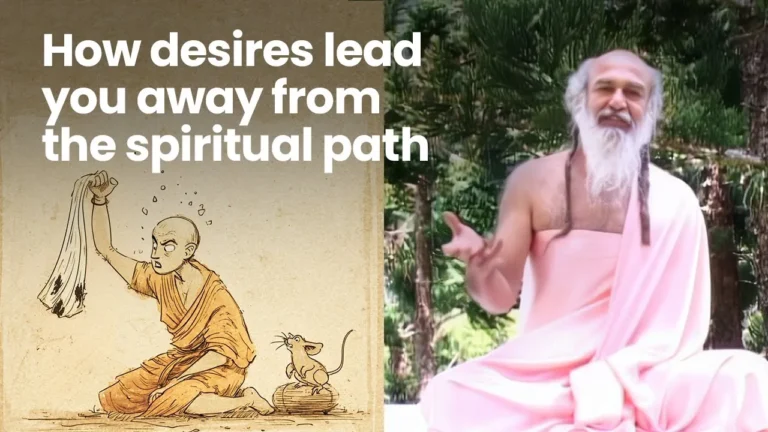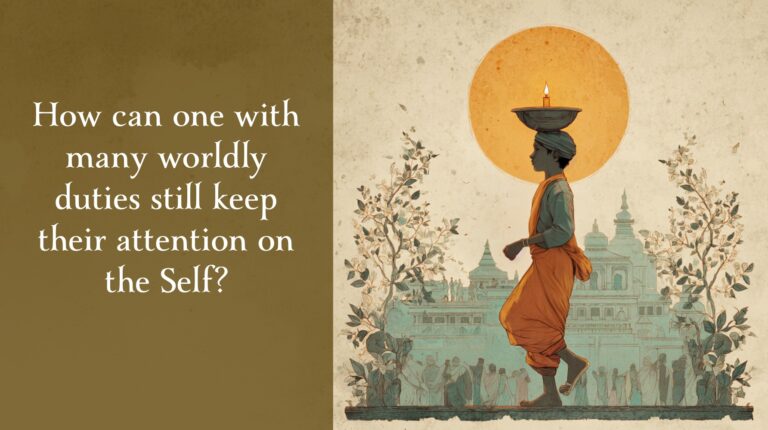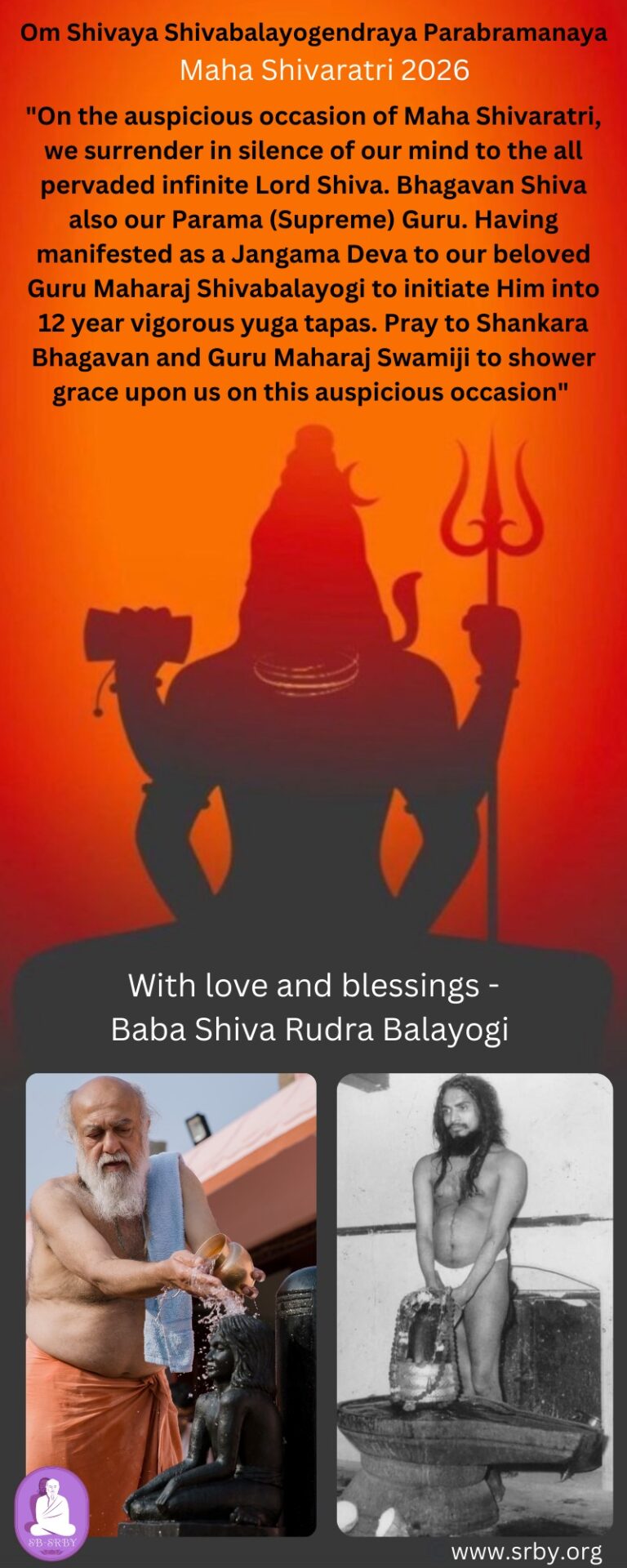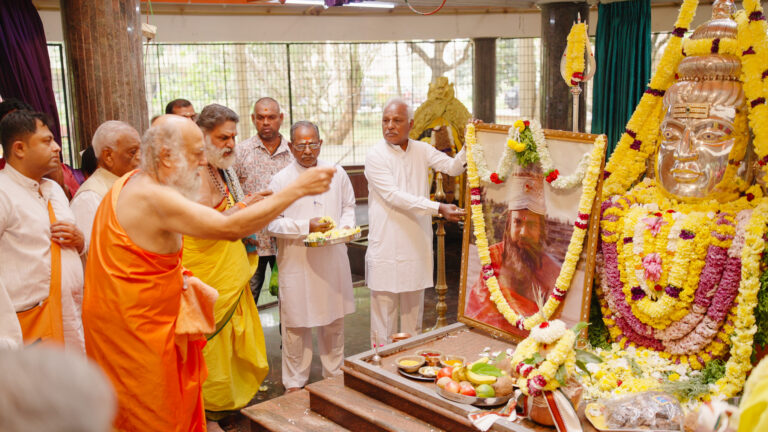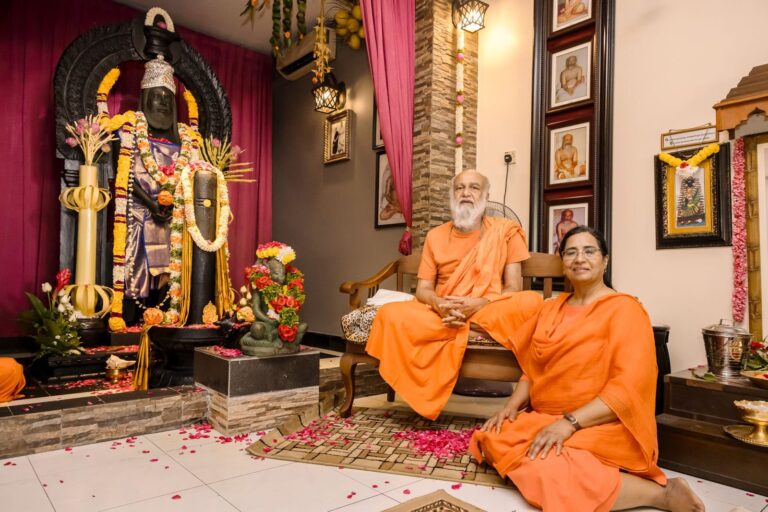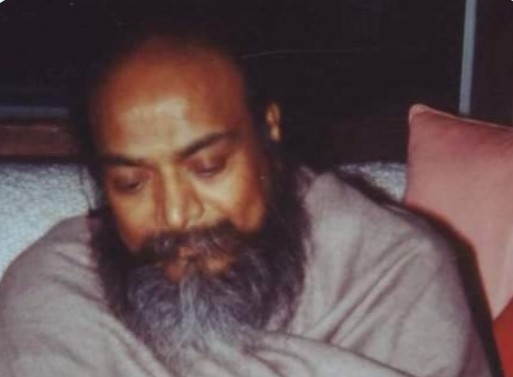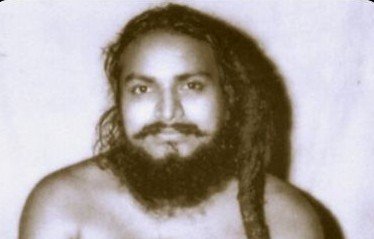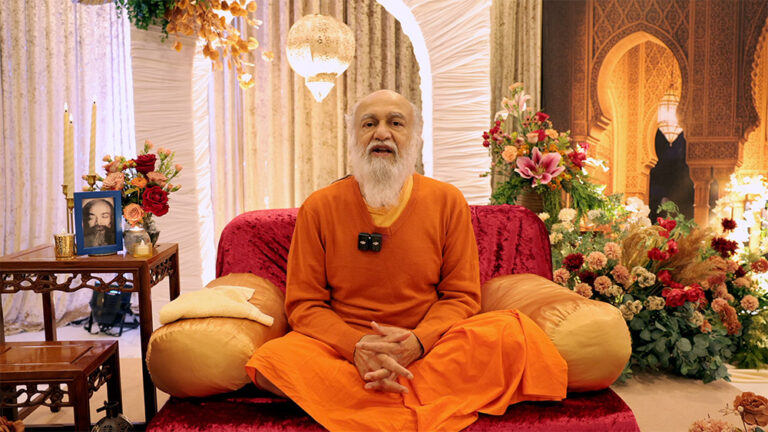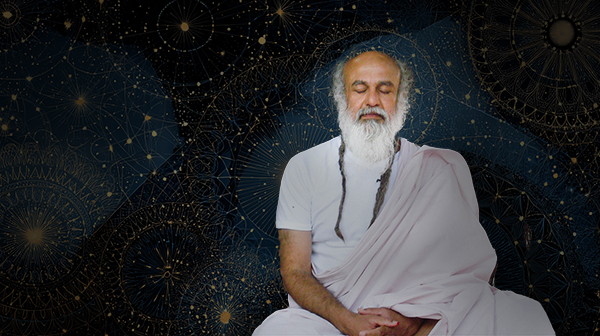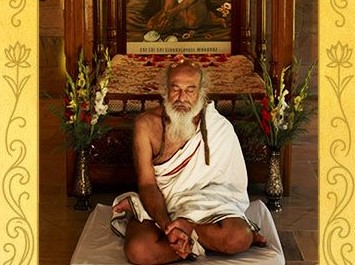Perth May 06 Tour – Day 7
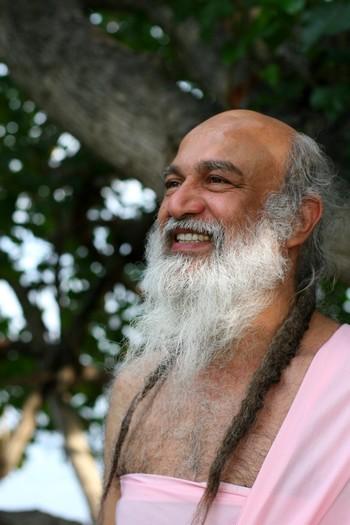
Blessed Divine Children, our Love and Blessings to you all.
As we sit here as this physical body, we realize we are only an instrument in the hands of the Divine Guru Shivabalayogi. I offer my prostrations with deep love and reverence at His Lotus Feet. I wish to inspire you about the wonder of your own existence.
Every sadhak (one who puts in efforts) starts as a droplet of the ocean. The mind is the droplet and the Self, the Divine, is the ocean. The mind is sometimes referred to as ‘jivatma‘ – ‘jiva‘ meaning ‘alive in this world’, and ‘Atman‘, the Paratman, the Supreme Being.
There are three main branches of philosophy taught by three great Realized Masters of south India. Firstly, ‘advaita‘ philosophy taught by Adi Shankaracharya; then ‘dvaita‘ philosophy – dualism – taught by Madhvacharya ; and ‘vishishtadvaita‘ – ‘a spark of the Supreme Being’ – taught by Ramanuja. Sometimes their followers – through lack of knowledge – disagreed.
In dvaita philosophy there are two entities – Paramatma (‘God’) and jivatma (individual). The jivatma cannot become ‘God’. This is a stage on the path; one starts out as a devotee. As long as the imagination of the individual self exists, one should be humble – otherwise the droplet will think, “I am the Ocean” and then there will be problems. As long as individuality exists, one should see themselves as His instrument. So like this, I shouldn’t feel, “I am teaching.” If God is in me, He is in you also. So we start the sadhana as a servant of God.
Then gradually the mind starts to lose its imaginations. For instance in Yoga Vasishta, sage Vasishta speaks about how there are infinite subtle bodies; these are simply imaginations of the mind. We can think of a few bodies – ‘I exist’, ‘I am a man’, ‘I do this’, ‘I belong to this religion’, ‘I am rich / poor’, and so on. These are all simply the mind’s imaginations.
So Swamiji used to recommend, “When you come to the ashram, come as a devotee – not a soldier, a rich person and so on.” Thus we need humility until we reach the target; when we reach the end, this all disappears, just like when the droplet becomes the ocean there is nothing for it to claim. Actually the droplet didn’t become the ocean; the ocean already existed.
In the next stage, just as we play the roles of doctor, disciple – even play the role of Guru – all need humility. Then peace starts coming. At this time the mind is becoming more purified, and it becomes more and more humble and thinks of others more. In India the Ultimate is called ‘anantham‘ – ‘Boundless’. When we reach Realization, the salt doll merges with the Ocean. This needs efforts and also patience. After this, the body consciousness lifts and we become aware that something within you is absorbing you.
So now the next stage, the second stage, is coming – we realize we are only a spark of the Divine. When concentration comes in meditation, then Automatic Divine Activity takes over, and the mind gets absorbed towards the Self.
Finally all these imaginations – the final ego – is absorbed also; the separateness disappears; even the need for Samadhi disappears. Real surrender occurs – “I do not exist”.
During the concentration, in the practice of meditation, if imaginations, visions come – don’t get involved. Simply watch, without getting involved. As concentration increases, the eyeballs come together automatically.
In the beginning it is a fight between us and the Divine. If we pray, we should pray, “May I be able to surrender”, “Let me not get agitated”, “Let my mind remain quiet”. The Guru will teach – in other ways apart from lecturing. Swamiji didn’t give long lectures. Suddenly He might suddenly say a little – He might say, “If you have Faith in the Guru’s name, even the Guru cannot hurt you.” The mind needed to be receptive to pick this up. In the final stage – advaita – only One exists. There is no scene and no seer. Someone asked recently what will happen to this world if everyone becomes Self Realized. This should not be our concern; our job is to see the mind goes back to the Divine – leave the world to go its own way.
So there is no conflict between these three teachings, though in the olden days the disciples disagreed a lot. Nowadays it is better, there is more understanding. All the teachers say the same thing, “God is One.”
So my Guru used to recommend, “Simply meditate. First achieve that concentration of the mind.” This concentration of the mind has achieved so much in this world. In the same way it can be used to achieve Realization.
So follow these teachings closely and every day is sadhana. Attention is important. When the Pandava brothers went to Dronacharya to learn archery, at one time he tested them by getting them to shoot at a target which was of a fish and the centre of the target was the eye of the fish itself. He asked the first brother to take aim on the target, then asked him, “What do you see?” The student described the shape of the target, how the target was hanging from the tree on the rope and described the whole tree and its surroundings. Then the Guru took the next student, asked him to take aim and then asked him to describe what he could see. This student described only the target itself in great detail. So this went on student after student until Drona took Arjuna and asked him to take aim. Again he asked him, “What do you see?” Humbly Arjuna replied, “My Guru I am sorry. I cannot describe the target or its surroundings – all I can see is the eye of the fish – the centre of the target.” At this the Guru was very happy, “That is good. Because of your power of concentration I shall make you the greatest archer of all time.” So the concentration should be like that. So pray for inspiration and practice concentration. In a relaxed manner, focus the attention. The mind will have thoughts – just continue on.
If you think it is difficult, it is difficult.
If you think it is easy – then no problem, you will go ahead easily.
Every day practice this, even when I am gone. One trick to know is that the mind wants to know everything straight away; it wants to know the top of the mountain straight away.
Know that if you concentrate the mind, The Divine will have to come.
Go ahead. Do not give up. Never give up.
Questions & Answers
Question:
You have told us in the past that we should meditate for at least 45 minutes and then increase it to 50, 60 minutes and so on. Is 25 minutes not enough?
Babaji:
We recommend 45 minutes to 1 hour to begin with. My Guru always insisted on 1 hour. We reduced it to 45 minutes to make it easier for people in the beginning. If you observe, for the first 30 to 45 minutes, still the mind remains restless. So it is only in the final 5 to 10 minutes that a little meditation may occur.
In the same way, we spoke before about mantras traditionally being repeated 108 times. That number was not prescribed by The Divine; it has simply been found to be useful if the process is carried on that long.
Question:
If we have a problem, should we think of the question and then meditate on that?
Babaji:
If you regularly meditate, then first sit and meditate, then ponder the question and you will get inspiration.
Question:
As an Enlightened Being – is it possible for You to make a mistake?
Babaji:
This is a very good question. We do not make mistakes, because I do not act on my own judgments and resolutions. We simply act as Divinity inspires us; as my Guru inspires. If it happens, I haven’t acted on my own will. For instance if someone asks me to go somewhere but then it might happen that they don’t treat me well – there is no regret. Simply I go because I was directed to go there.
Question:
In the same way do You have reactions to circumstances?
Babaji:
No. Simply if a situation occurs, I bring my mind up to the level of the world and I act; but the mind does not react in getting sad and so on.
Question:
In the story of Ramayana, Shri Rama sometimes cries. Can You please explain a Self Realized one showing that reaction?
Babaji:
While the body reacts, the Self does not react. In the Ramayana when Shri Rama sees His brother Lakshmana hit by a missile, He starts crying, “What will I tell our mother?”
It can be tricky to explain these things.
Thus sage Vasishta says, “A Yogi may be inert, but still if someone prays to a Yogi deeply, the Yogi will become compassionate.”
Question:
Does free-will come from the ego?
Babaji:
No, if you practice meditation, it becomes an inspiration from The Divine. If you can take everything as The Divine’s Will then you will have no regrets. If you have regret, that comes from the ego. For instance one might rob someone; then they could say it was a ‘divine inspiration’ which caused them to do it. Then if that person was punished for the theft, then they should also say that the punishment was also the divine will.
Question:
How important is it that the physical body is comfortable during meditation?
Babaji;
It comes with practice; you may need to practice some physical exercises. In deeper Tapas it becomes difficult to look after the body as one is not aware of the body much. Then it is important to have someone else who will look after the body during this time. For Swamiji, it was His mother who was available for this, and with Shri Ramakrishna, His nephew Hriday looked after the body’s physical needs during that time. For me, Rekha looked after the body during the Tapas, like a mother. This is necessary in deeper meditations.
Question:
When one is trying to make a decision, sometimes one will sleep on it and the decision changes. Sometimes one is guided more by the mind, and sometimes more by the heart.
Babaji:
Only if one is working from the level of ego, then the outcome is a worry for one. This is a tricky situation, but in my experience if one meditates for a long time then the mind develops the ability to make decisions clearly. This is the third part of religion. I have spoken about the three aspects of religion – physical health, mental health and moral health. This moral health – the ability to act morally, properly in situations and when making choices – can be tricky. But with deep meditation one develops the ability to make good judgments – always for the larger cause.
Copyright © 2006 SRBY, All rights reserved

